I have been inspired to teach in a new way this semester as I have learned about the benefits of provocations and inquiry-based learning in the classroom. As we have been introduced to variations of provocations, I have started researching the Reggio Emilia approach to learning and have been reflecting on how I can implement this approach in my classroom.
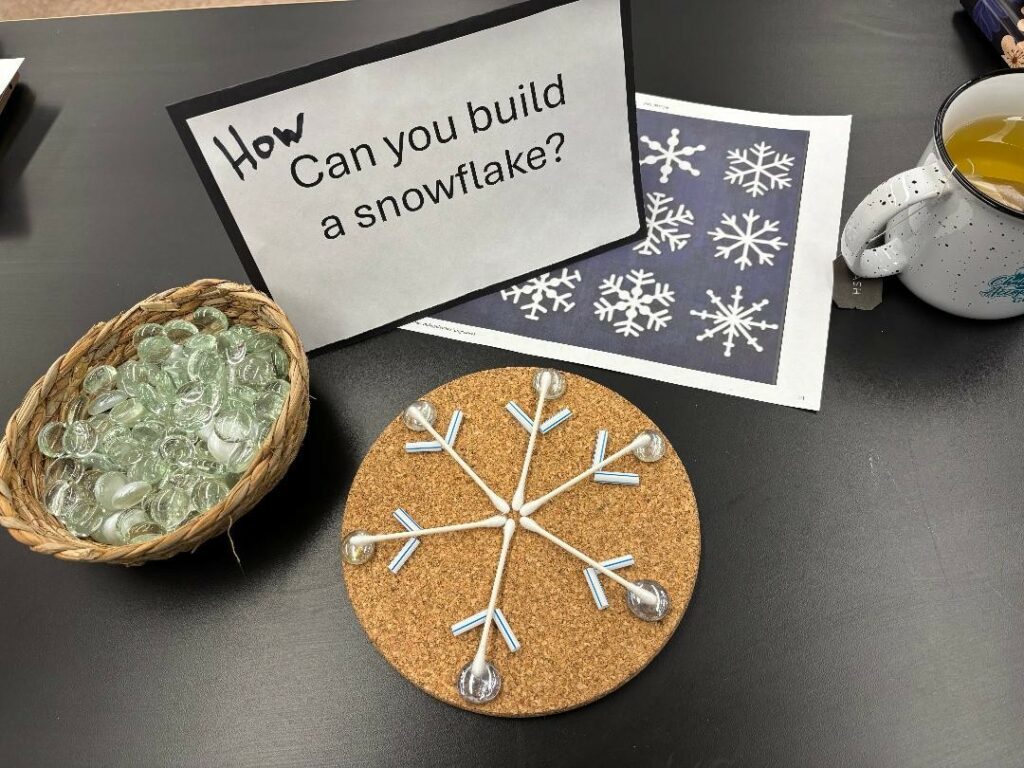
In summary, the Reggio Emilia approach:
-Encourages curiosity and exploration
-Promotes creativity and expression
-Promotes child centered learning
-Places an emphasis on the environment as the teacher.
The photo shown above is the first provocation we did as a class. Our instructor provided the materials and asked the open ended question of “How can you build a snowflake?” As students, our creativity was expressed and 8 unique snowflakes were created. This provocation was then linked to inquiry-based learning as we were then asked open ended questions such as: ‘What did you like? What would you change? What other materials could you have used?’
This approach values the process of learning more than the end product. It emphasizes critical thinking and problem-solving skills where students are led to question for themselves and are given the opportunity to be curious and create without constraint.
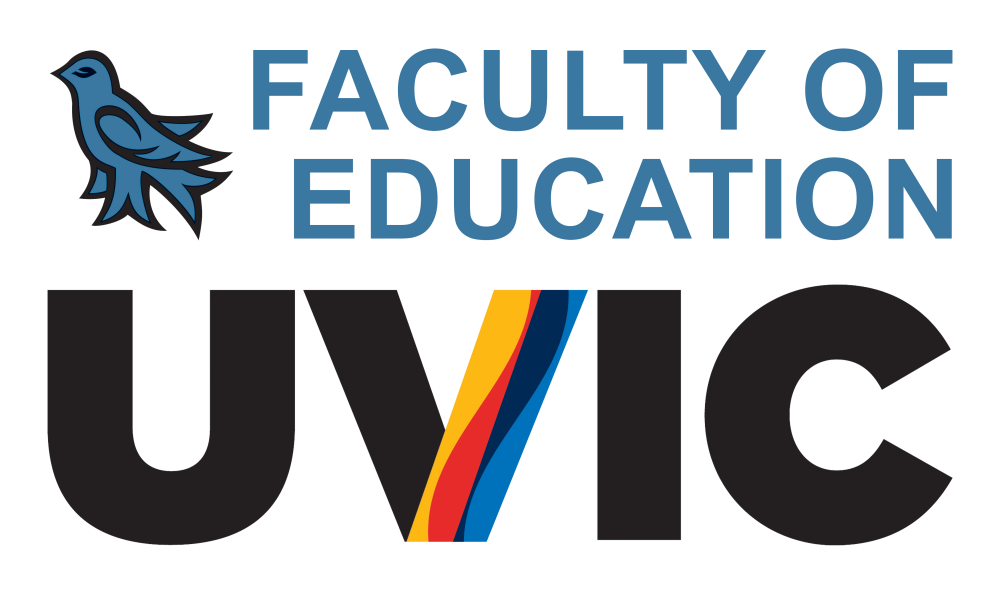
The tenth UVic teacher competency encourages teacher candidates to: “engage critically and creatively with ideas to be a change agent in society, especially with regard to equity and justice.” One of the ways to achieve this is through inquiry learning.
Inquiry to Support Change
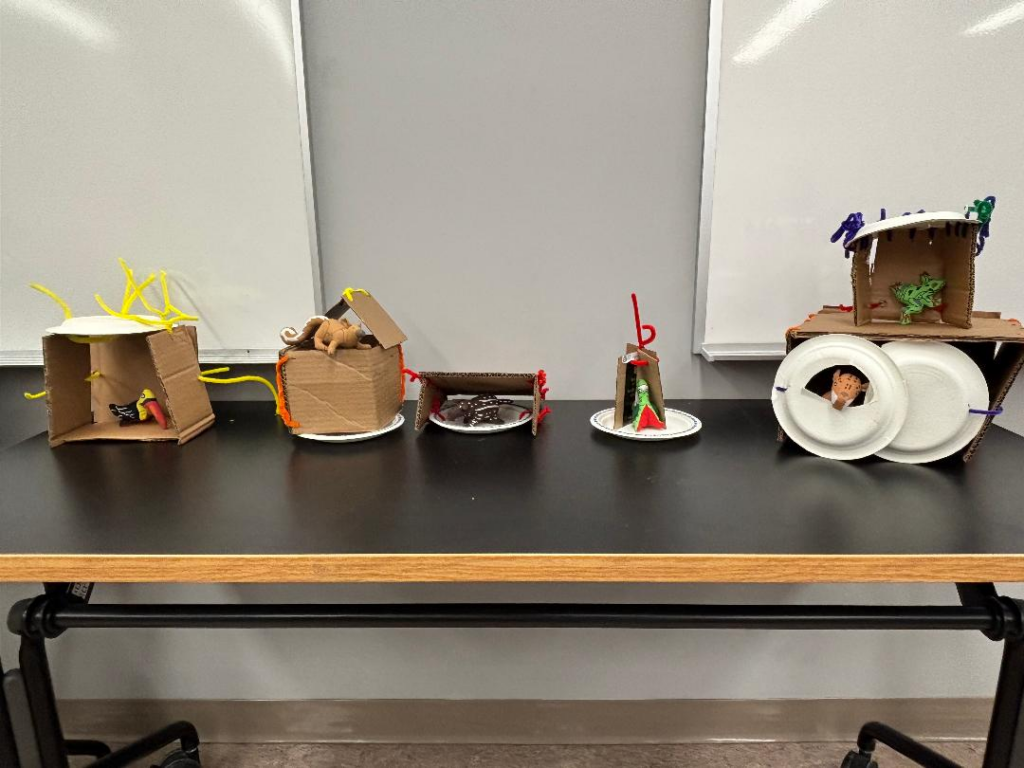
Under this tenth UVic teacher competency, the necessity of providing students with opportunities to become innovators and problem-solvers through inquiry-based learning is clearly stated. In order for students to be successful, they need to be given an environment where they are challenged to “wonder, create, test, and question.”
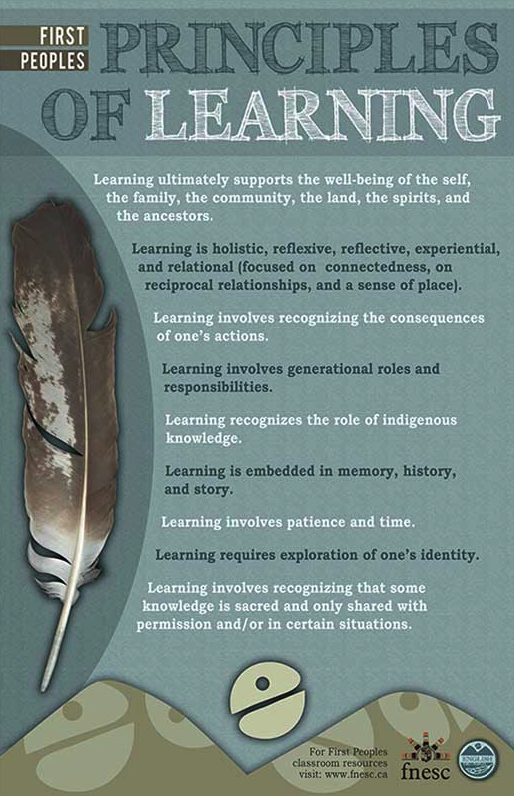
This approach to learning correlates with the First Peoples Principles of Learning:
Inquiry learning is reflective of the First Peoples Principles of Learning and Indigenous Ways of Knowing and Learning in terms of the view that “education is a complex process that is personal, holistic; embedded in relationship to each other, to self, and to the land; and is most effective when it is authentic and relevant”.
Chrona, 2016
Now What?
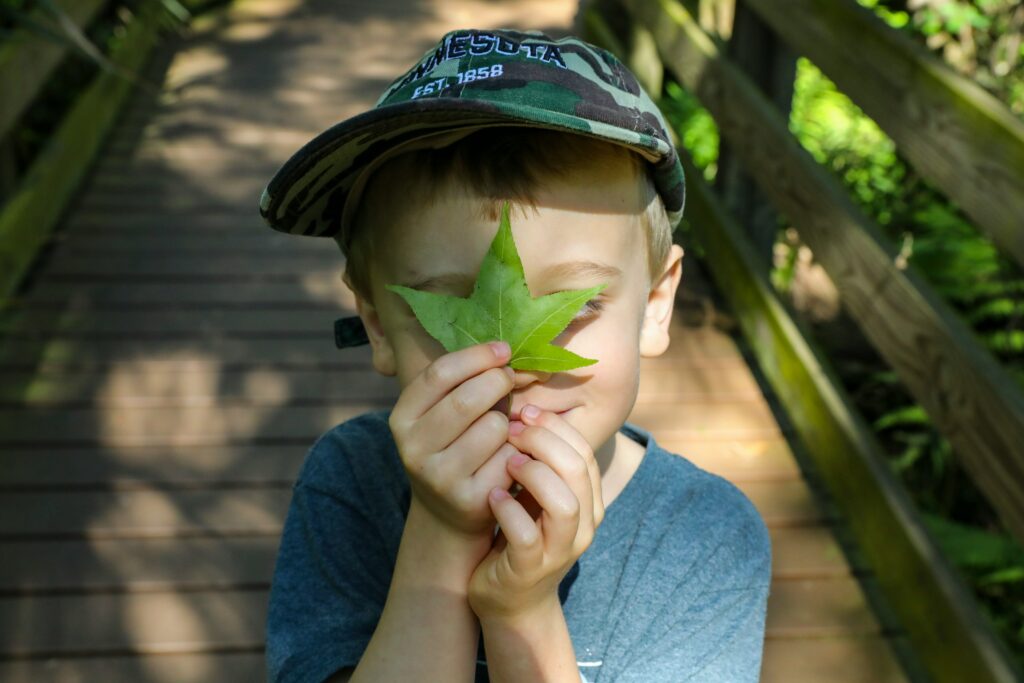
As I move forward with this new understanding of the importance of providing an environment where students can inquire, wonder, create, and problem-solve, I recognize the value of fostering these experiences to help them develop the necessary skills for their future. I also see that provocations and inquiry-based learning will cultivate a lifelong love of learning, which is one of the main goals of every educator.
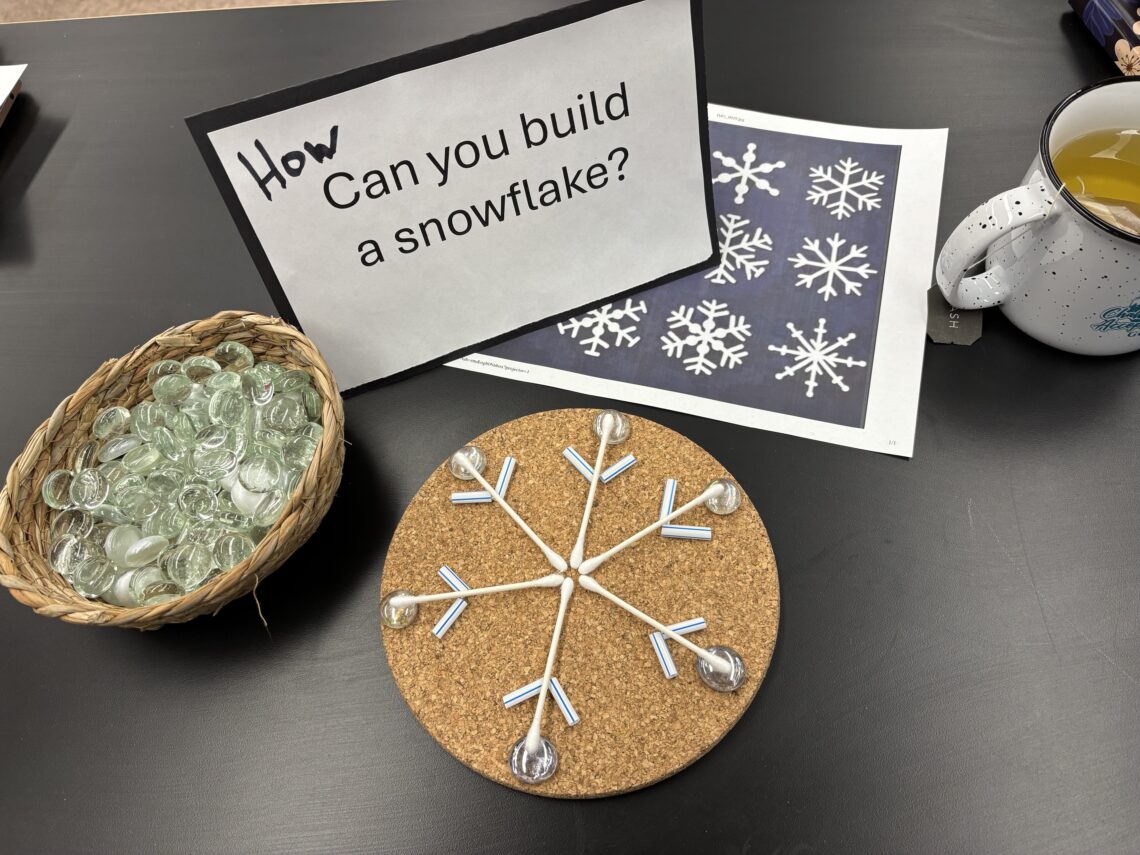


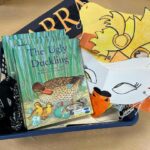

judi61
February 23, 2025 — 10:31 am
Hello Somer,
Yes, you are spot on with this reflection and how you are making those tie – ins and connections with FPP and the UVic teacher competencies! I am happy to see your interest in the Reggio Emilia approach to having provocations as a creative entry point to learning. Although, this approach tends to be for primary, I feel it can easily be used for intermediate learners as well! Please use it as a part of your ‘teaching repertoire’!
Cheers,
Judi